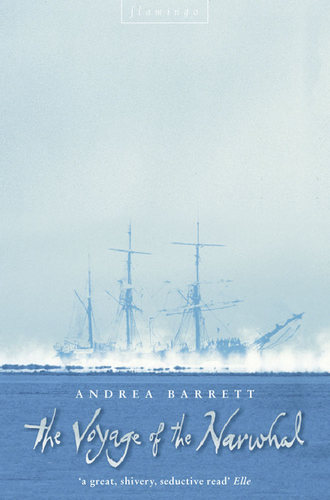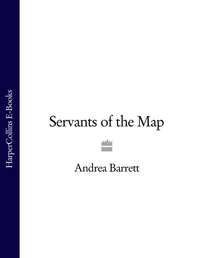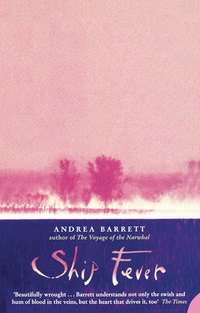The Voyage of the Narwhal

Полная версия
The Voyage of the Narwhal
Жанр: приключениязарубежные любовные романызарубежные приключенияисторическая литературасовременная зарубежная литературакниги о приключенияхсерьезное чтениеоб истории серьезно
Язык: Английский
Год издания: 2019
Добавлена:
Настройки чтения
Размер шрифта
Высота строк
Поля
Конец ознакомительного фрагмента
Купить и скачать всю книгу




